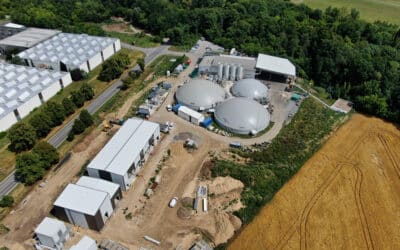The EU introduced new climate law to bring the Union to zero emissions by 2050
he European Commission (EC) has published the first draft of its new law aimed at inducing Member States to significantly reduce their carbon emissions.
Brussels intends to achieve by 2050 a situation where the EU will only emit as much emissions as it can at the same time be able to break down through technology or tree planting. For the time being, there is disagreement among Member States on the approach to this Regulation.
For example, while Finland or Austria plan to achieve carbon neutrality before 2050, for example, the Czech Republic agrees with it only on condition that it receives additional money from the Fair Transformation Fund (specifically CZK 14.5 billion between 2021 and 2027). In its words, the EC counts on the differences between individual states. However, this does not change the fact that by 2030 the Union must reduce its emissions by 40%.

LATEST ARTICLES
Legislative changes support the development of biomethane and other activities of the EFG group
From the perspective of the Energy Financial Group (EFG), the summer of 2025 brought several fundamental legislative changes that create more favorable conditions not only for the faster development of biomethane, but also regulate the conditions for the provision of...
Gases produced from waste materials have a wide range of uses both in the Czech Republic and around the world. They power transport, light Olympic torches and more
Kitchen scraps, used oils, and agricultural residues, which used to end up in landfills, are now being used in the form of green gases in transportation, sports, and culture. The Olympic Games and the EXPO world exhibition show that these gases contribute to the...

